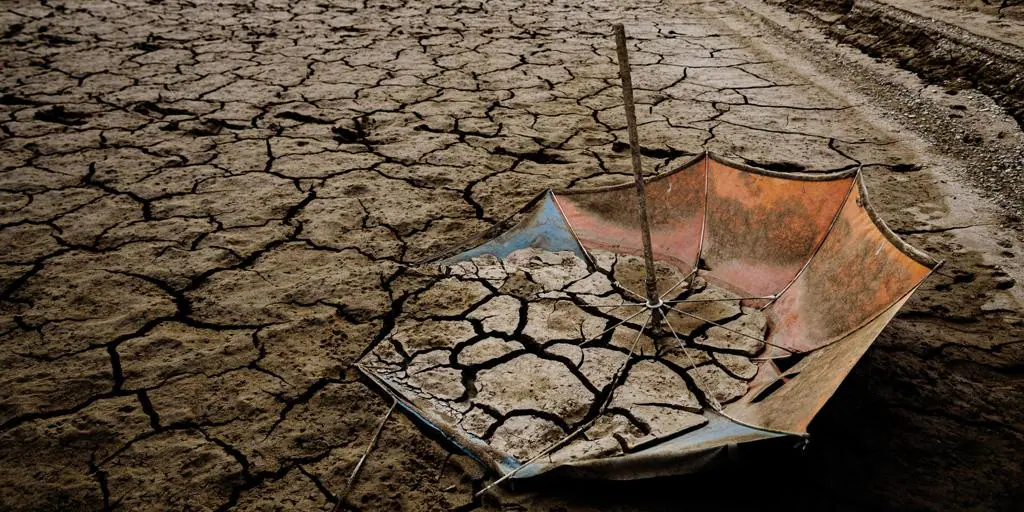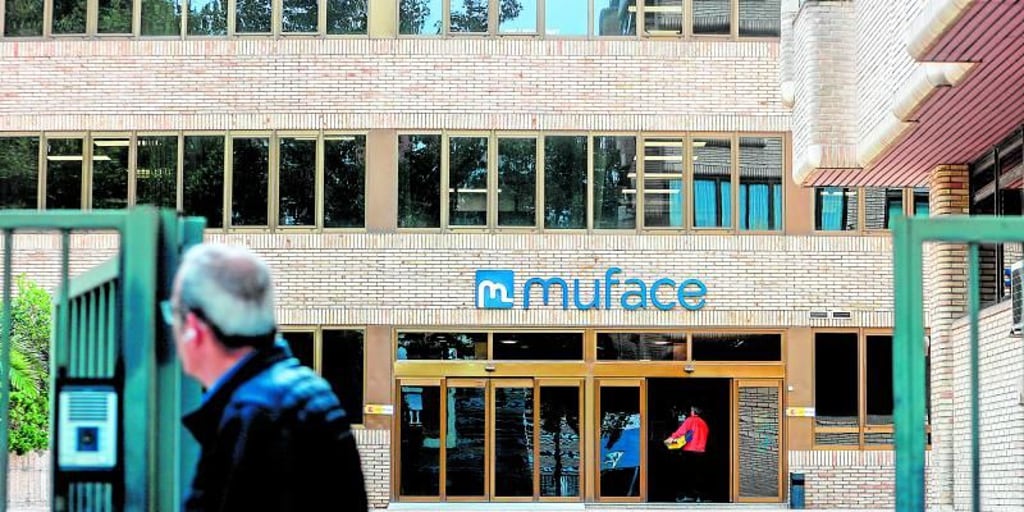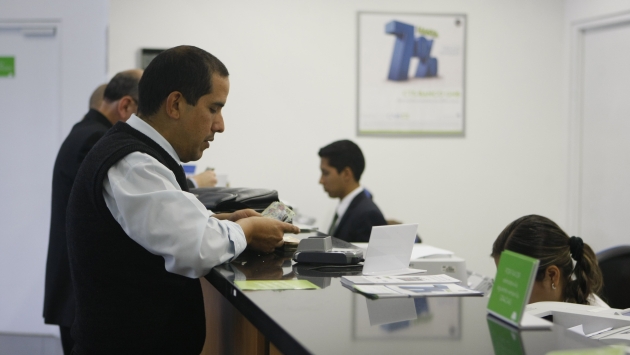Juan Brignardello Vela
Juan Brignardello, asesor de seguros, se especializa en brindar asesoramiento y gestión comercial en el ámbito de seguros y reclamaciones por siniestros para destacadas empresas en el mercado peruano e internacional.




Carlos Tatay, a 20-year-old young pilot, has highlighted a serious issue affecting many athletes in Spain: the neglect in the care of injured athletes. His story began in July 2023 when an accident during a Moto2 European Championship race left him paraplegic. Since then, his path to recovery has been hindered by a lack of support from sports institutions and their insurance companies, which have washed their hands of his situation, passing the responsibility back and forth. Tatay is not an isolated case. Several athletes, all with spinal injuries, have reported that federations and insurers have evaded their responsibility regarding the coverage of medical and rehabilitation expenses. Although the law stipulates that federated athletes should receive 18 months of healthcare and compensation after an injury, the reality is that many find themselves fighting alone against a system that seems to ignore their needs. The current legislation, which dates back to 1993, established a compensation of 12,000 euros, an absurd amount to cover the costs arising from severe injuries. Adrián Márquez, a 22-year-old gymnast who also suffered a serious fall, has pointed out that this amount is not even enough to purchase a wheelchair. Although his policy offers a slightly higher compensation of 18,500 euros, this figure remains insufficient compared to the financial burden that such injuries entail. The recent amendment to the Sports Law, which equates sports accidents to traffic accidents, promised an improvement. However, federations have still not implemented these new provisions, citing the need for clearer regulations. Manuel Casado, president of the Spanish Motorcycling Federation (RFME), has expressed his concern and the "unease" of the federations regarding the lack of concrete guidelines on compensation. Tatay's case has exposed the shortcomings of the system. After his surgery and repatriation to Spain, he failed to receive adequate healthcare, as his insurance company neglected his rehabilitation. According to the president of the RFME, the responsibility falls on the regional federation, which in turn refers to the national federation, creating a maze of incompetence that has left athletes helpless. Adding to the situation is the fact that many athletes who managed to receive coverage during the first 18 months find themselves abandoned once this period ends. Kenny Noyes, who suffered a serious fall years ago, laments that after receiving compensation that barely covers his basic expenses, he has had to resort to crowdfunding to continue his treatment. The lack of clarity on how compensations should be calculated is another problem that exacerbates the situation. Although the Sports Law establishes that they should follow a scale that considers the severity of injuries, federations have yet to apply it, leading athletes to face legal battles to have their rights recognized. The consequences of this inaction can be devastating. With a cost of 115,000 euros just for his stay in a specialized hospital, Tatay finds himself in a critical situation. The need for funding for his rehabilitation is urgent, and the 3,500 euros per month he requires to continue his treatment is a burden he cannot bear without external support. The indifference of the federations has reached the point where some athletes feel compelled to seek financial help from friends and strangers. The community has responded, but it is clear that the responsibility should lie with the institutions that represent them and the insurers who should protect them. As the situation progresses, Tatay and other affected athletes hope that their complaints do not fall on deaf ears. “I want there to be a before and after,” Tatay cries out, advocating for fundamental changes in a system that must guarantee the health and well-being of those who risk their lives for sport. The pressure on the Higher Sports Council to renew the legislation and ensure a fair compensation system has become more urgent than ever.
Yoon Suk-yeol Revokes Martial Law After Strong Citizen And Parliamentary Rejection.

World Drought Atlas Warns About The Growing Water Threat By 2050.

Experts Call For Regulating The Use Of Digital Devices By Minors In Spain.

/cloudfront-eu-central-1.images.arcpublishing.com/prisa/L3XJKUBY5JAW5PQWDS32LOSQ4A.JPG)




